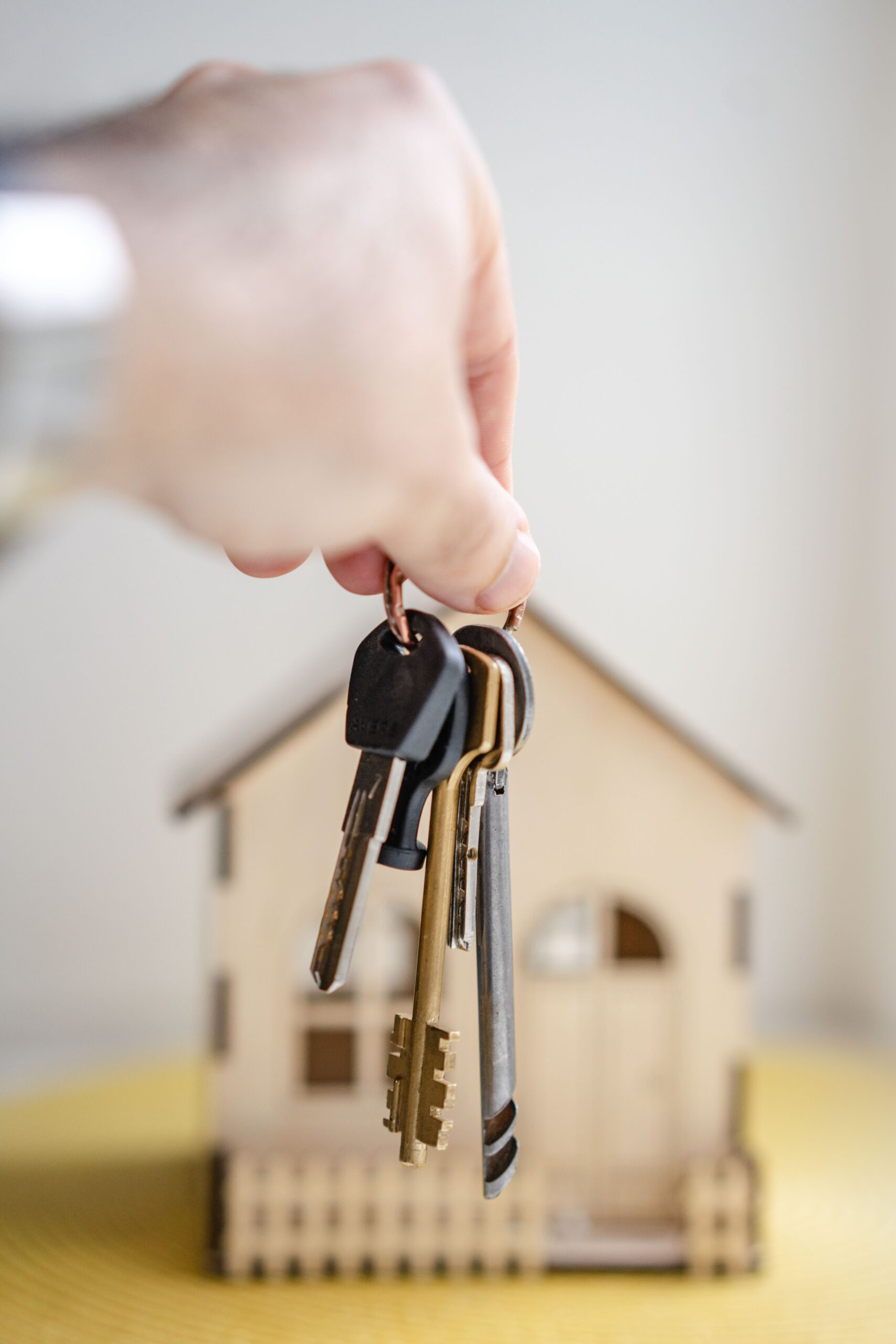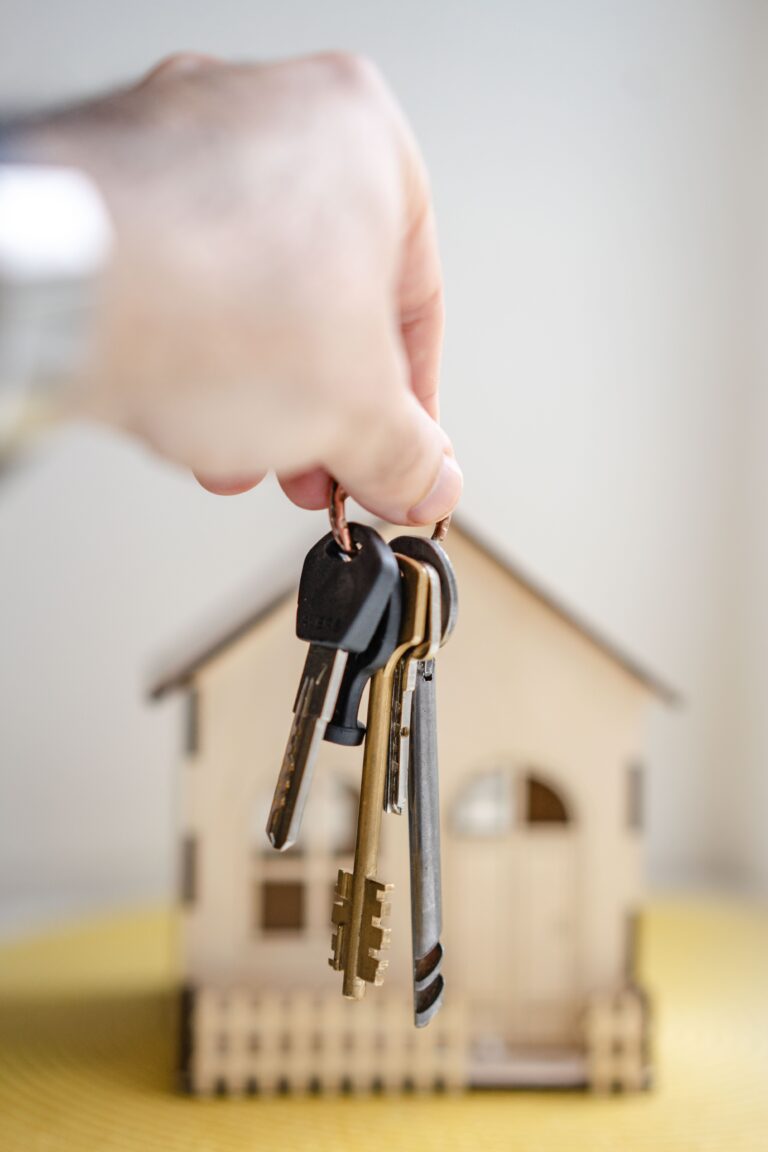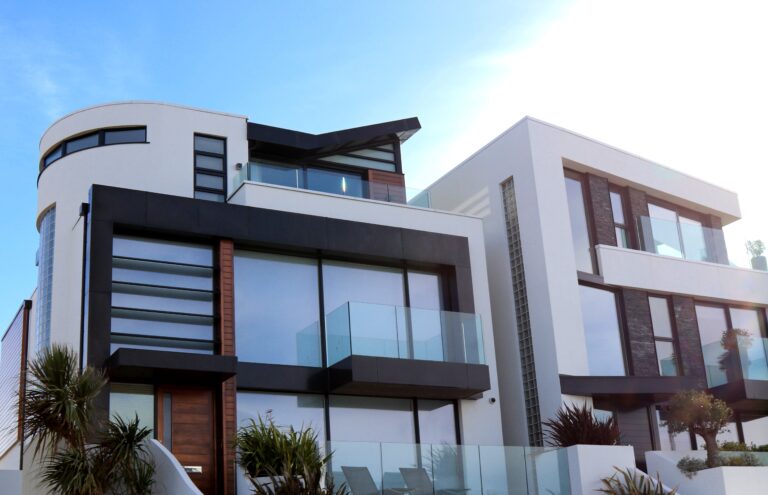Understanding Fixed-Rate Mortgages: A Comprehensive Guide
If you’re considering buying a house or refinancing your current mortgage, a fixed-rate mortgage is likely to catch your attention. This article offers an in-depth look into fixed-rate mortgages, explaining their mechanics, pros and cons, and helping you decide whether it’s the right mortgage for you.
What is a Fixed-Rate Mortgage?
A fixed-rate mortgage is a popular mortgage option where the interest rate remains constant throughout the loan’s lifespan. Consequently, your monthly payments remain the same, making financial planning and budgeting more manageable. It’s one of the simplest and most transparent mortgage options available.
Mechanics of a Fixed-Rate Mortgage
Definition of a Fixed-Rate Mortgage
A fixed-rate mortgage is a mortgage type where the interest rate remains constant throughout the duration of the loan. It’s usually the preferred option for borrowers who want stability and predictability in their mortgage payments.
Working of a Fixed-Rate Mortgage
The interest rate of a fixed-rate mortgage is constant throughout the loan period, making it easy for borrowers to plan their finances. Additionally, it offers protection against interest rate hikes, and your mortgage payment remains unaffected.
Principal and Interest
Monthly payments for a fixed-rate mortgage comprise both principal and interest. The principal refers to the amount of money borrowed, while the interest pertains to the expense incurred for borrowing such amount. Since the interest rate remains constant in a fixed-rate mortgage, borrowers know the interest they’ll pay over the loan’s duration.
Amortization
Paying off a mortgage is called amortization, where monthly payments cover both the principal and interest. Initially, most of the payment goes towards interest, while later years focus more on the principal.
Term Length
The term length of a fixed-rate mortgage refers to the duration a borrower has to repay the loan. Usually, fixed-rate mortgages have terms of 15 or 30 years, but other lenders offer different term lengths.
Pros and Cons of a Fixed-Rate Mortgage
Advantages of a Fixed-Rate Mortgage
Predictable Payments: With a fixed-rate mortgage, monthly payments remain constant throughout the loan period, making budgeting and financial planning easy.
Protection Against Rising Interest Rates: Fixed-rate mortgages protect borrowers from interest rate hikes since the interest rate is fixed.
Stability: The stability offered by fixed-rate mortgages can be reassuring, providing peace of mind to borrowers.
Disadvantages of a Fixed-Rate Mortgage
Higher Interest Rates: Fixed-rate mortgages generally have higher interest rates than adjustable-rate mortgages (ARMs), accounting for interest rate fluctuations’ risk.
Less Flexibility: Borrowers are locked into a fixed payment amount, which can be a disadvantage if financial situations change.
Eligibility for a Fixed-Rate Mortgage
When it comes to eligibility for a fixed-rate mortgage , there are a few things to keep in mind.
First, you’ll need to have a good credit score and a solid credit history. Lenders will typically look at your credit report to see if you have a history of paying your bills on time and if you have any outstanding debts. Having a higher credit score will generally make you a more attractive candidate for a mortgage loan.
Next, you’ll need to have a steady income and be able to demonstrate that you can afford the monthly payments. Lenders will typically look at your employment history and current income to determine whether you’re a good candidate for a loan.
If you’re planning on using points to lower your interest rate, you’ll need to have enough money to pay for them upfront. Points are essentially a type of prepaid interest, so you’ll need to be able to cover the cost of buying them.
It’s also worth noting that some lenders may have specific eligibility requirements when it comes to offering loans with points. For example, they may require that you have a certain credit score or that you meet certain income requirements. It’s always a good idea to shop around and compare offers from multiple lenders to see which ones might be the best fit for your needs.
Shopping for a Fixed-Rate Mortgage
Shopping for a mortgage can be a daunting task, but with a little preparation, you can find the best loan for your needs.
When shopping for a fixed-rate mortgage, there are a few things you should keep in mind. These tips will help you choose the right loan and avoid any potential pitfalls.
Compare Interest Rates and Fees
One of the most important factors to consider when shopping for a fixed-rate mortgage is the interest rate. It’s really important to check out different lenders when you’re looking for a loan because the interest rates they offer can be all over the place. That’s why it’s a good idea to shop around and compare rates before you commit to anything. Be sure to also compare fees, such as origination fees, application fees, and closing costs, as these can add up quickly and significantly impact the overall cost of your loan.
Consider Your Budget and Future Plans
Before choosing a mortgage, it’s important to consider your budget and future plans. Determine what monthly payment you can comfortably afford, and make sure that the loan you choose fits within your budget. Determine how long you plan to stay in your home. If you plan to move in the near future, a shorter-term loan may be a better option.
Evaluate the Lender’s Reputation and Customer Service
When choosing a lender for your fixed-rate mortgage, it’s important to consider the lender’s reputation and customer service. Look up online reviews and ask friends and family for referrals. A reputable lender should be transparent about their fees and interest rates, and provide clear communication throughout the loan process.
Tips for Choosing the Right Fixed-Rate Mortgage
Choosing the right fixed-rate mortgage can be a crucial decision that impacts your finances for years to come. Here are some tips to help you make an informed decision:
Compare Interest Rates and Fees:
Compare interest rates and fees from various lenders to find the best deal. Remember that the lowest interest rate may not always be the best option if it comes with high fees.
Consider Your Budget and Future Plans:
Choose a fixed-rate mortgage that fits your budget and financial goals. Consider your long-term plans, such as how long you plan to stay in the home and whether you expect your income to increase or decrease in the future.
Evaluate the Lender’s Reputation and Customer Service:
Research the lender’s reputation and customer service before making a decision. Read reviews, ask for recommendations, and check the lender’s credentials to ensure they are trustworthy and reputable.
Understand the Terms and Conditions:
Before signing a fixed-rate mortgage contract, make sure you understand all the terms and conditions, including any prepayment penalties, late fees, and other charges. Be sure to ask questions and seek clarification if you are unsure about anything.
Get Pre-Approved:
Getting pre-approved for a fixed-rate mortgage can give you a better idea of how much you can afford to borrow and help you narrow down your search. This can save you time and help you avoid disappointment if you find your dream home but cannot secure the necessary financing.
By following these tips, you can find the right fixed-rate mortgage that meets your financial needs and goals.
In conclusion,
shopping for a fixed-rate mortgage requires a bit of research and preparation. Be sure to compare interest rates and fees, consider your budget and future plans, and evaluate the lender’s reputation and customer service. By following these tips, you can find the right mortgage for your needs.
FAQs
Q: What is a fixed-rate mortgage?
A: A fixed-rate mortgage is a type of mortgage where the interest rate remains the same for the life of the loan.
Q: What are the benefits of a fixed-rate mortgage?
A: The main benefit of a fixed-rate mortgage is that your interest rate remains the same, providing predictable monthly payments.
Q: How do I compare mortgage interest rates?
A: To compare mortgage interest rates, gather quotes from multiple lenders and compare the annual percentage rate (APR) for each loan.
Q: What is the difference between a fixed-rate and an adjustable-rate mortgage?
A: A fixed-rate mortgage has a fixed interest rate for the life of the loan, while an adjustable-rate mortgage has an interest rate that can change over time.
Q: How long does it take to get approved for a mortgage?
A: The mortgage approval process can vary depending on the lender and the complexity of your financial situation. Generally, it takes around 30 to 45 days to get approved for a mortgage.






